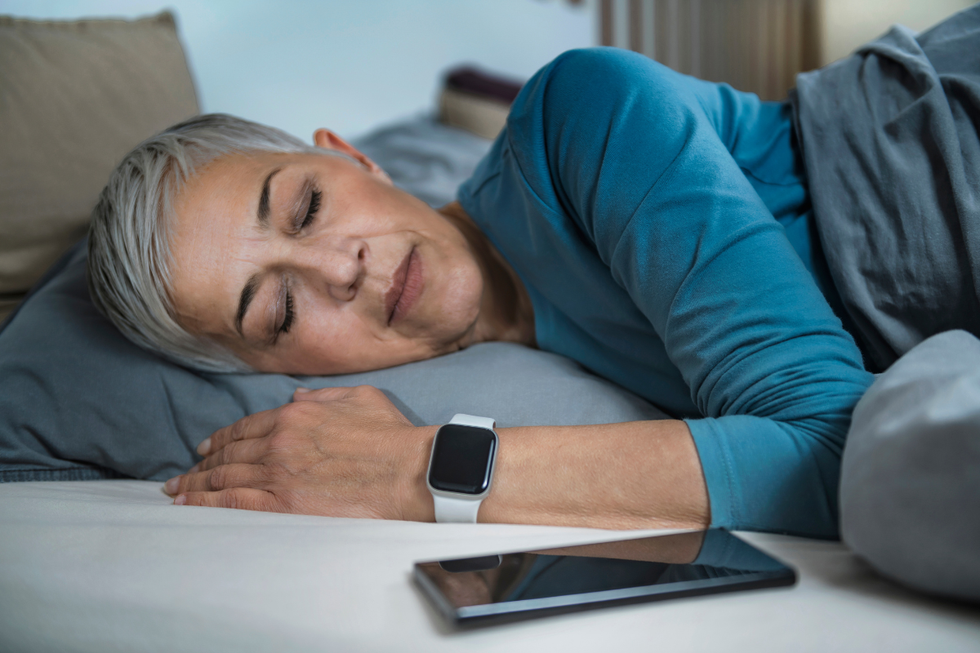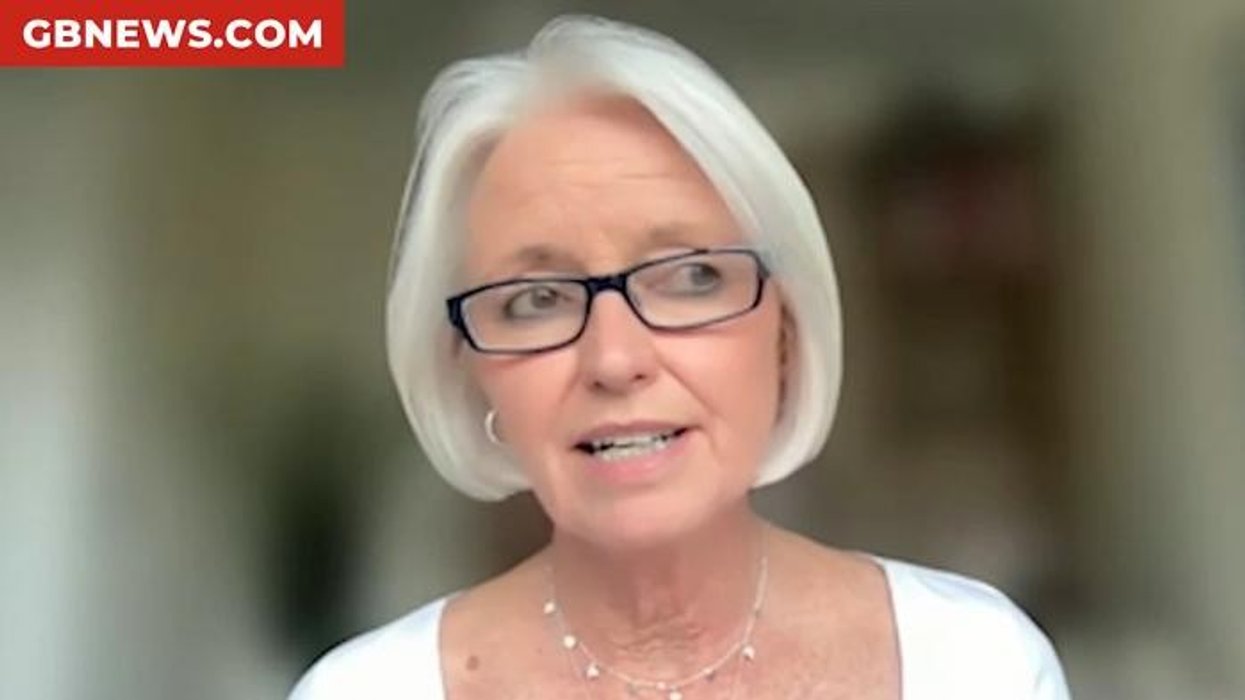‘I was overweight, exhausted and stuck - identifying an overlooked cause helped me drop 1st 8lb at 58’
A personal trainer found that the same weight loss tips and tricks that worked in her 20s and 30s didn't work anymore
Don't Miss
Most Read
Latest
Menopause can be a tricky time when weight gain seems inevitable for women over 50. But a personal trainer has proven that shedding pounds is not an impossible feat.
A broad range of factors can inhibit weight loss around this time, including lifestyle. As you get older, it becomes harder to juggle an ever-growing list of day-to-day responsibilities.
However, to help others on their own weight loss journey, Deborah Lee has shared the main lessons she learned after she dropped 1st 8lb at 58.
She said: “I’ll be absolutely honest, I was at the stage where I thought I wasn’t going to be able to lose this weight, I tried so many times.

Deborah Lee has shared the main lessons she learned after she dropped 1st 8lbs at 58
|TikTok/@thisisdeborahlee
“All the things that I did when I was in my 20s and 30s to lose weight just didn’t work anymore,” she added.
However, one cause of her weight is “overlooked”, Deborah claimed. “I was absolutely stressed out to the eyeballs.”
As a result, she found herself drinking too much in an attempt to relax before going to sleep. Alcohol is high in calories, so it can easily derail weight loss efforts. In addition to the excessive alcohol consumption, “doom-scrolling” on social media took over her evenings.
“I was not going to sleep in a good rested state. On social media, you can come across some contentious media that really riles you, which is not the best state of mind as you’re trying to go to sleep,” she explained.
LATEST DEVELOPMENTS
And Deborah’s advice is backed by medics, with Harvard Medical School saying that new research indicates that better-rested adults consume fewer calories than those who are “chronically sleep-deprived”.
The study, which assessed 80 overweight individual,s revealed that sleep was an “integral” factor in weight gain, according to Dr Beth Frates at Massachusetts General Hospital.
"Working to find ways to clean up sleep hygiene may help people to extend sleep time to the recommended seven to nine hours per night," Dr Frates has said.
"This could, in turn, lead to consuming fewer calories and even weight loss in people who are in the overweight category by BMI."

Harvard Medical School has said that new research indicates that better-rested adults consume fewer calories than those who are sleep-deprived
|GETTY
“Sleep is important because that’s when you’re going to repair your body. If you are trying to lose weight, that’s typically the magic hours, if you like. If you're not sleeping well, you will find it really difficult to lose weight,” Deborah warned.
To gain a better grasp on her sleep schedule, she said she made it an “absolute rule” to turn off all screens by 8pm each night.
Reading a book, for example, is a good way to settle your mind before getting some shut-eye.
The most important rule would be to avoid scrolling on social media or watching anything that would feed a “negative, slightly agitated state of mind”.











